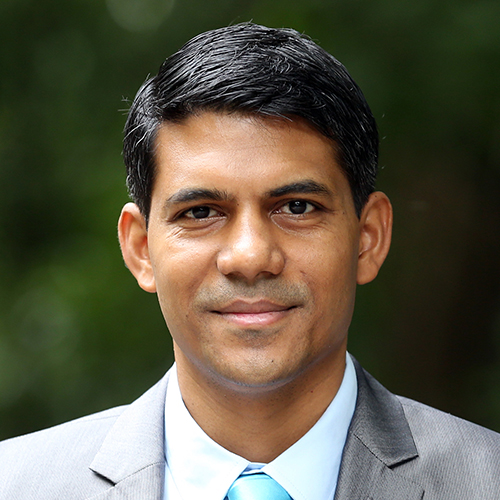
Social Reform as a Path to Political Leadership: A Dynamic Model
Manaswini Bhalla, Kalyan Chatterjee, Souvik DuttaJournal: Journal of Economic Behavior & Organization
This paper analyses a model of political leadership of a political movement like those during the twentieth century, civil disobedience and opposition to democratic regimes that spill out from the halls of parliament to the streets. The authors focus on one particular aspect/question of these revolutions, namely how does a leader mobilize followers for a movement against the present regime? They also look at how the present regime, which is considered to be strategic, reacts to the leader’s announced movement when her intentions are unknown. A leader who is not in power cannot coerce the population into obedience; she can only exhort people to join her and individuals will do so based on their belief about her ability to deliver an outcome that is beneficial for them. Successful political action is, of course, one way of generating this belief. However, in environments where political action is met with a strong reaction, perhaps force, a would-be leader would be unwise to attempt such action without already having a strong reputation.
The authors show that for extreme beliefs about her ability, the leader with political intentions does not experiment and opposes the government immediately. However, she follows a path of gradualism for intermediate beliefs about her ability. She announces a social movement in the first period and then conducts a revolution in the second period. They also find that as belief about the leader being non-political increases, the political leader benefits from masquerading as a non-political kind and hence the range where the political leader announces a social movement in the first period increases.
The interesting results concern the government’s actions. Though a social movement leaves the government intact, it might still choose to suppress such movements if the cost of exerting force is not too high. If the government chooses to expend force in suppression, this leads fewer people to participate and therefore reduces the probability of success of a social movement. Failure of a social movement reduces belief about the political leader’s ability and hence lowers the chance of a successful revolution in the second period. More interestingly, the range where the government exerts force upon observing a social movement in the first period, increases as the belief about the leader’s motives being political decreases. This is because the government anticipates that in such a case the leader with political ambition is more likely to masquerade as a non-political leader. The authors find that the above result reverses when the ability of the non-political leader is low: that is if the non-political leader is assumed to have low ability, the range of beliefs where the government exerts force upon observing a social movement, reduces as the leader’s motive of being political decreases.
Read more


